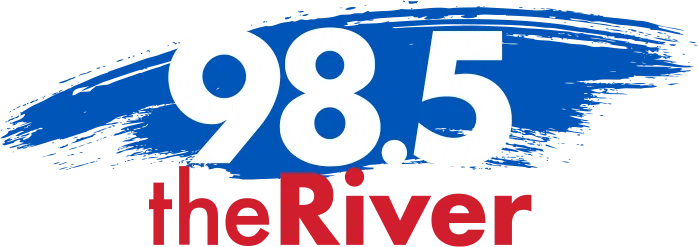LAGOS (Reuters) -The Economic Community of West African States (ECOWAS) faces growing threats of terrorism, climate change, military coups, and poverty, its most senior official said on Wednesday as leaders marked 50 years since the bloc’s formation in Nigeria.
Jihadist violence has surged this year in Nigeria and the Sahel region, including Burkina Faso, Mali, and Niger – nations that have recently seceded from ECOWAS in protest over sanctions following military coups.
“We are confronting the greatest challenges we face today, terrorism, climate change and unconstitutional change of government, poverty and economic disparities,” ECOWAS Commission President Omar Alieu Touray said, expressing confidence in overcoming the challenges.
Established on May 28, 1975, ECOWAS aimed to promote regional economic integration, security cooperation, human rights, and democratic governance.
However, five decades later, military juntas in founding member states Burkina Faso, Mali, and Niger have disassociated from the bloc, saying it no longer serves their interests.
The countries have formed their own Alliance of Sahel States and a confederation, cut military and diplomatic ties with Western powers and sought closer cooperation with Russia.
Touray said ECOWAS would continue trying to cooperate with the three countries.
Security and political analysts said curbing insecurity was crucial for ECOWAS to fulfill its promise of prosperity and lift millions from poverty.
Beverly Ochieng, senior analyst at Control Risk in Dakar, Senegal, said: “If you don’t have security, then of course it means that you cannot guarantee a robust economy in the region.”
Analysts also criticized ECOWAS for its silence when leaders controversially amend constitutions to extend their rule, leading to citizens applauding military coups.
They cited the recent example of Togo’s leader Faure Gnassingbe, who was granted the influential new role of President of the Council of Ministers with no fixed term limit – a move opposition parties labelled a constitutional coup potentially extending his rule indefinitely.
(Reporting by MacDonald Dzirutwe in Lagos and Ope Adetayo in Abuja, Editing by Bate Felix, William Maclean)





Comments